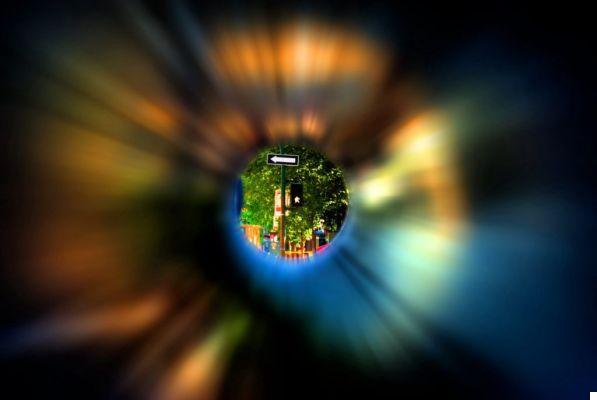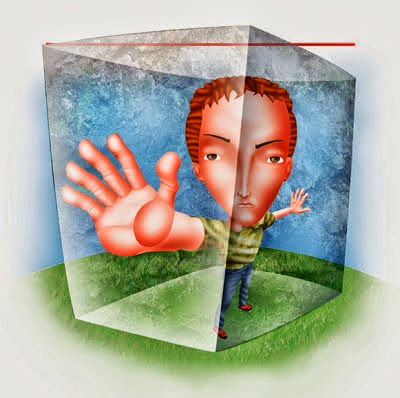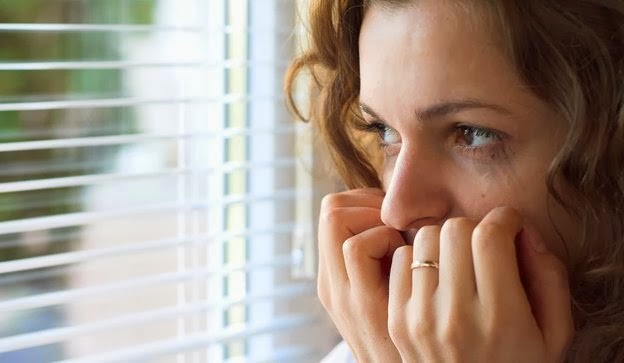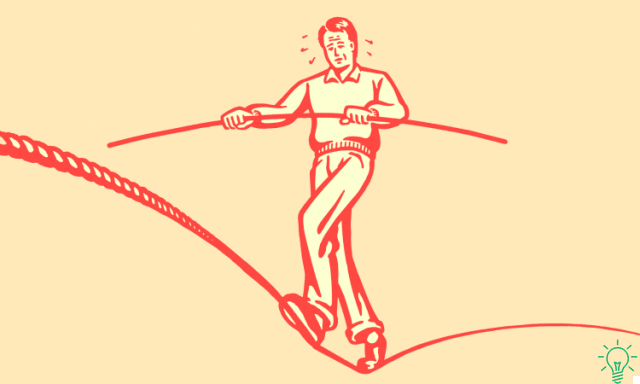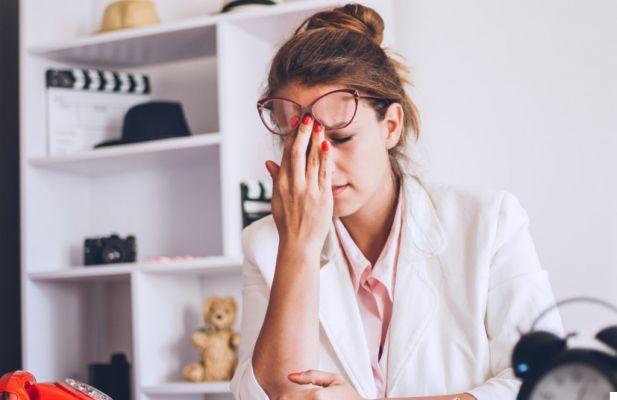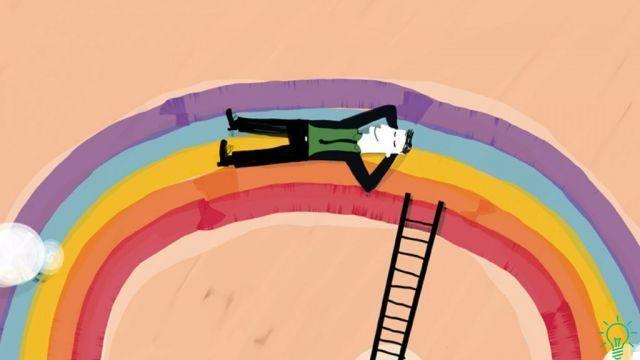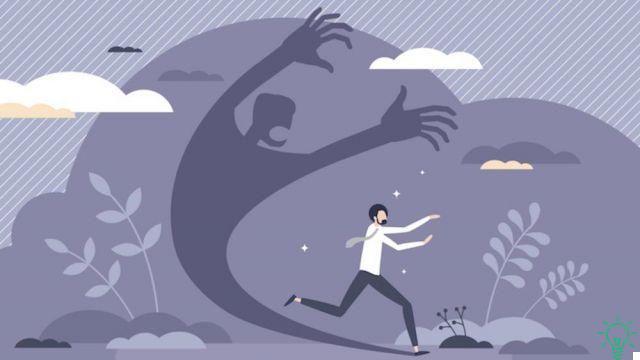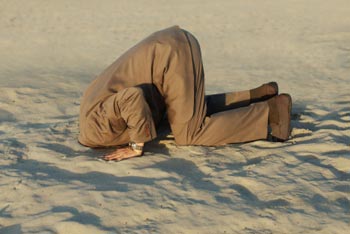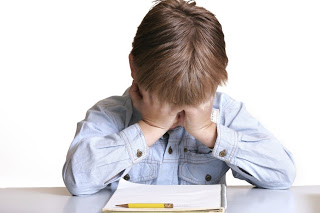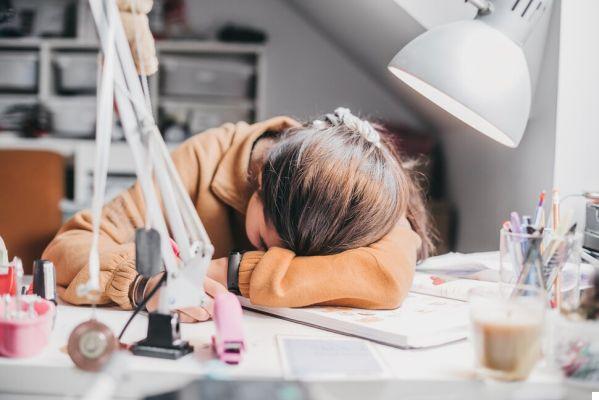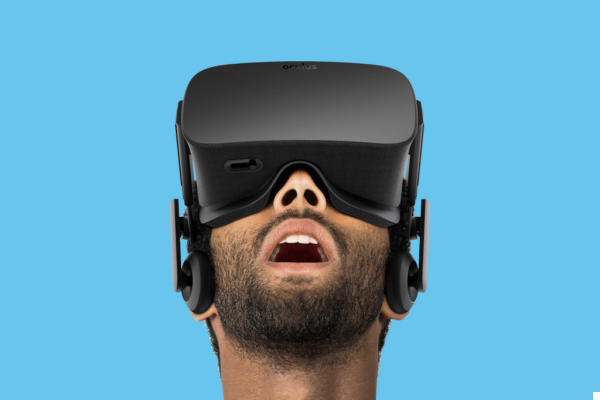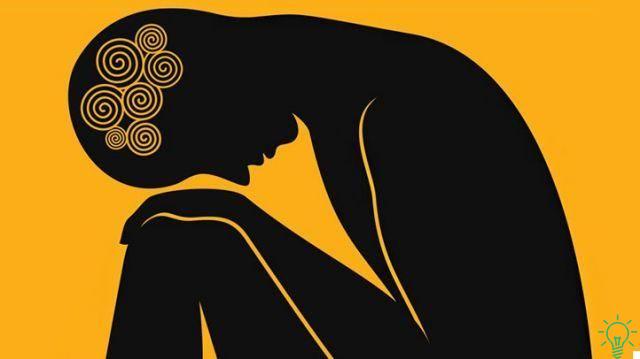 Anxiety is an unpleasant feeling, that's for sure. However, beyond the feeling of restlessness that assails us, anxiety also hides some very curious effects. Which ones are they?1. Anxiety makes the world smelly, literally.Researchers from the University of Wisconsin conducted a very interesting study that evaluated people's anxiety level and their acuity in perceiving different aromas. Thus it was observed that anxiety
Anxiety is an unpleasant feeling, that's for sure. However, beyond the feeling of restlessness that assails us, anxiety also hides some very curious effects. Which ones are they?1. Anxiety makes the world smelly, literally.Researchers from the University of Wisconsin conducted a very interesting study that evaluated people's anxiety level and their acuity in perceiving different aromas. Thus it was observed that anxietyit did not improve the perception of good smells but that of bad smells did. Using functional magnetic resonance imaging, they also observed that anxious people react more intensely to unpleasant odors than those who do not suffer from anxiety. At this point there is no question, anxiety makes the world particularly smelly.2. Anxiety affects balance.People who suffer from particularly intense anxiety often have balance problems, even experience dizziness for no apparent reason. Researchers at the University of Pittsburgh say it could all be because anxiety and balance share some neural circuitry. The point of
convergence of these circuits would be the parabrachial nucleus, where both the information of the vestibular system and that relating to anxiety arrive. Thus, when we are anxious, we tend to experience dizziness and loss of balance.3. Anxiety leads us to draw conclusions hurry.An interesting experiment conducted at the University of Illinois has shown that anxious people tend to draw too hasty conclusions about the emotions of others. Essentially, these researchers showed the volunteers a series of images showing a face changing emotional expressions. Thus it was observed that anxious people noticed the change in expression earlier than others but were far more wrong in identifying the type of emotion. Researchers think that the state of hypervigilance that characterizes anxiety warns people of possible changes that occur in the surrounding environment, even when these are very small. However, such a state of agitation would prevent you from taking the time to carefully evaluate what emotion you are about by making hasty conclusions.And to conclude, anxious people have also been shown to need more interpersonal space to feel comfortable. at ease.




